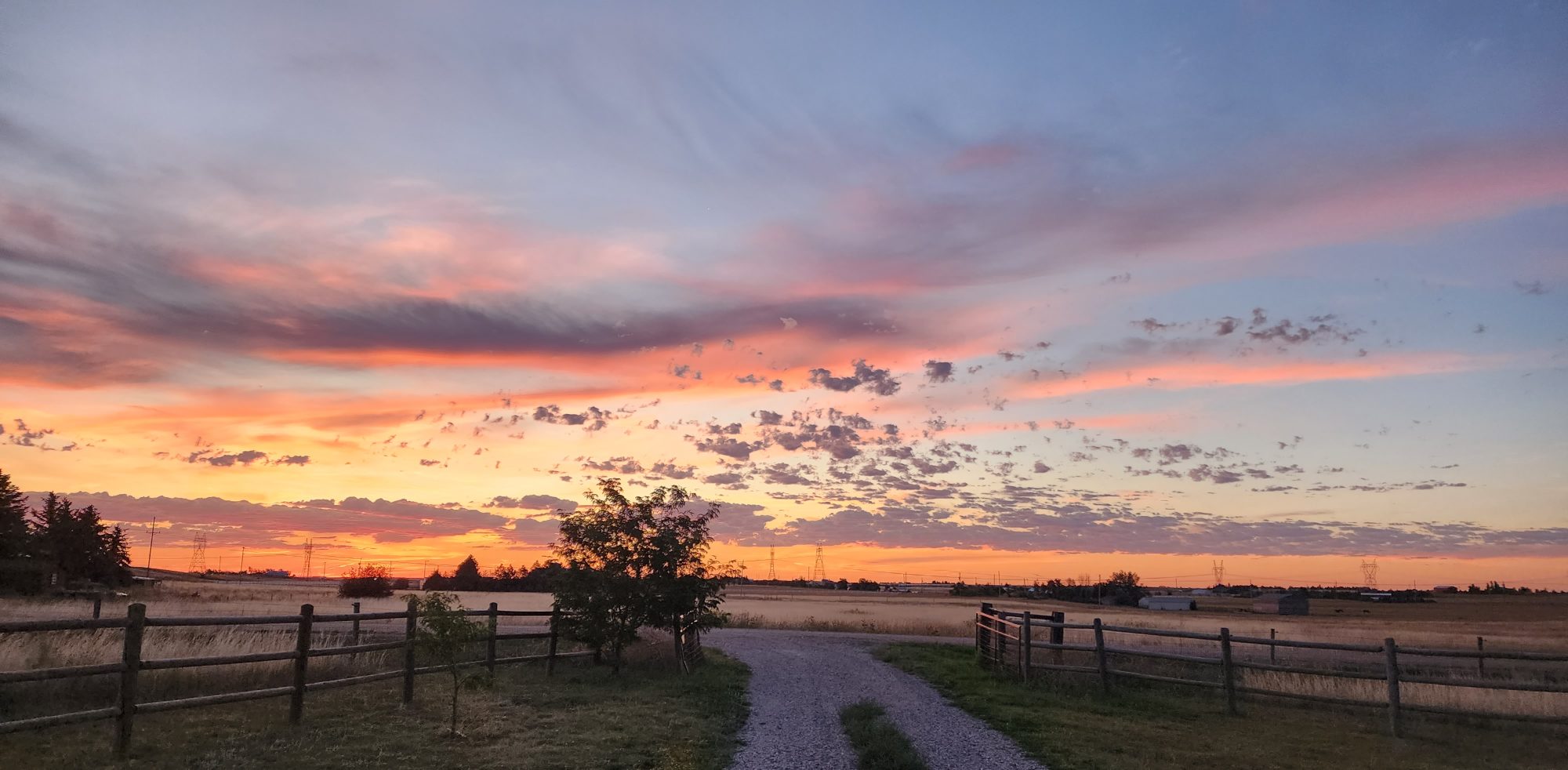SUMMARY OF MATTHEW 13:1-9
Jesus was sitting by the lake (Sea of Galilee), but the crowds were so big that he got into a boat so the people could see and hear him better. He told the parable of sower. Some of the seeds that the farmer scattered fell on rocky places. They sprang up quickly, but because the soil was shallow, they withered due to a lack of root. Other seeds fell among thorns, which choked the plant. Other seeds fell on good soil where it produced a good crop.
SUMMARY OF MATTHEW 13:18-23
Jesus explains the meaning of the parable of the sower. When people hear the message about the kingdom of God and do not understand it, the evil one takes away what was sown in his heart. This is the seed along the path. The one who received the seed that fell on rocky places hears the Word and receives it with joy. But he falls away when trouble arises because he has no root. The seed in the thorns is the man who hears the word, but is unfruitful because of his worries and deceitfulness of wealth. The one who received the seed on good soil hears the Word and understands it. He produces a good crop.
BSF Study Questions Matthew Lesson 13, Day 2: Matthew 13:1-9, 18-23
3) He told the parable of sower. Some of the seeds that the farmer scattered fell on rocky places. They sprang up quickly, but because the soil was shallow, they withered due to a lack of root. Other seeds fell among thorns, which choked the plant. Other seeds fell on good soil where it produced a good crop.
4)
The sower signifies: God or Jesus
The seed signifies: the Word of God
The soil along the path signifies: those who hear but don’t take action
The birds that snatch the seed signifies: the evil one
The rocky soil signifies: problems that arise that prevent one accepting God’s Word
The thorny soil signifies: those who don’t truly accept God’s Word even after growth
The good soil signifies: those who accept Christ as their Savior
5a) The seed that fell on good soil. It was the only one that produced a crop.
b) The same in all four accounts was God and Him extending His hand to us to believe His word. The seeds all started out equally, meaning they all had a chance to be fruitful. What was different was the soil and how each responded to God’s Word and let hindrances keep them from God.
c) We need to ensure our roots are deep so we can withstand the evil one’s attacks on us. We need to not let circumstances sway us to turn from God. We need a solid foundation of knowing God’s Word in order to spend eternity with God and survive and thrive in this world.
Conclusions BSF Study Questions Matthew Lesson 13, Day 2: Matthew 13:1-9, 18-23
Great life lessons we can glean from this parable. I love Jesus’s parables because they all apply to us today and we can learn so much when we study the meaning in depth.
Here are some great parable readings for you!



End Notes BSF Study Questions Matthew Lesson 13, Day 2: Matthew 13:1-9, 18-23
MATTHEW 13:1-9
The boat gave Jesus a platform to speak from (Mark 4:1). With rising opposition, Jesus could no longer preach in synogogues, so he taught outdoors.
Parables are meant to teach one main principle to those listening. They made the idea easier to remember, and it stayed longer with the people. The parables of Matthew 13 focus on God’s kingdom. Your response determines if you will have eternal life or eternal damnation.
Jesus spoke to things the people would understand. Everyone understood farming.
The seeds fell on four places:
- Next to the path — this was where many people walked and thus the seeds would be trampled and not grow.
- In rocky places — characterized by thin soil as we are told
- Amongst thorns — fertile ground, but with hazards
- On good soil — fertile and free of other plants growing
Jesus uses “he who has ears, let him hear.” to call attention to his words.
The meaning behind his words would make no sense to those with spiritual deafness. Those who recognized Jesus would understand his words.
MATTHEW 13:18-23
Each soil type represents one of four ways that we respond to Jesus:
- Next to the path — those who hear God’s Word, but are unaffected. Their hearts are hardened, so they have no real understanding of what they are hearing. You must understand God’s Word before you can take action.
- In rocky places — those who are super excited when they first hear God’s Word, but then their excitement quickly fades and they fade away, too when times get rough
- Amongst thorns — those who grow with God for a while, but then are taken down by the evil one, temptations, worries, and deceitfulness of wealth
- On good soil — those that hear God’s Word and stick it through, bearing fruit along the way
What the Parable of the Sower Means to Us
We all go through the different types of soil in our lives — times where our faith wanes or where we are on fire for God. However, what matters in the end is that we strive to be the good soil and bear fruit in all that we do.
It can be helpful to ask yourself which soil are you and what can you change to become the good soil.
*As an Amazon associate, I earn from qualifying purchases.

